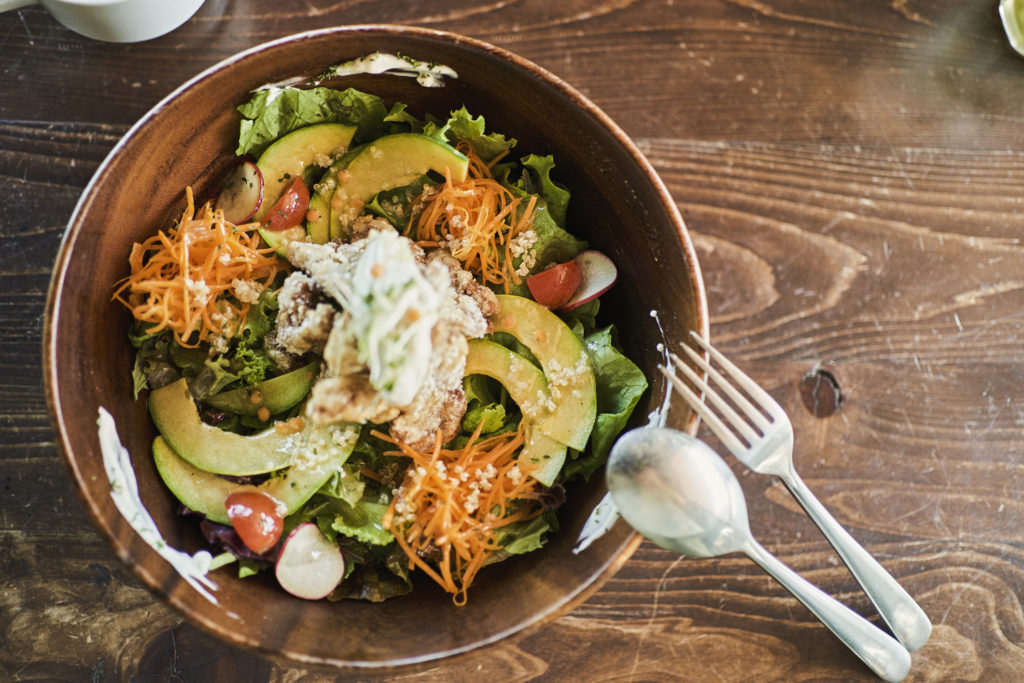VEGANS, VEGETARIANS and pescatarians are far less likely to become severely ill from Covid-19 than meat-eaters, a new study suggests.
The study, published in the BMJ Nutrition, Prevention & Health journal, examined six different countries to determine whether dietary patterns can make a difference with regards to how ill one may become from Covid-19.
Healthcare workers from France, Germany, Italy, Spain, the UK and the USA who had "significant exposure to Covid-19 patients" completed a web-based survey between July and September 2020, providing information including demographic characteristics, dietary information and information on whether they caught the virus and how it affected them.
Of the almost 2,900 participants, 568 had Covid-19 and 2,316 did not: of those 568, 138 people had 'moderate-to-severe' Covid-19 and 430 had 'very mild to mild' illness.
The study found that participants who said they ate only plant-based diets, i.e vegan diets, were 73% less likely to suffer from moderate-to-severe illness from coronavirus.
 Vegans, vegetarians and pescatarians who ate mostly a plant-based diet were far less likely to suffer severely from Covid-19 than meat-eaters, the study found
Vegans, vegetarians and pescatarians who ate mostly a plant-based diet were far less likely to suffer severely from Covid-19 than meat-eaters, the study foundSimilarly, those who stated they abided by a 'plant-based or pescatarian diet', where they may eat fish but no poultry or red meat, had a 59% less chance to become moderately-to-severely ill from the disease.
Those who followed 'low carbohydrate, high protein diets', generally thought to be a healthy diet, in fact had a greater chance of suffering a moderate to severe illness.
No link was found between a person's diet and their chances of picking up the virus, however, nor was a link found between diet and the duration of the virus.
The study concluded that in the six studied countries, plant-based or pescatarian diets may be considered for protection against Covid-19.
You can read the study on the BMJ website here.


